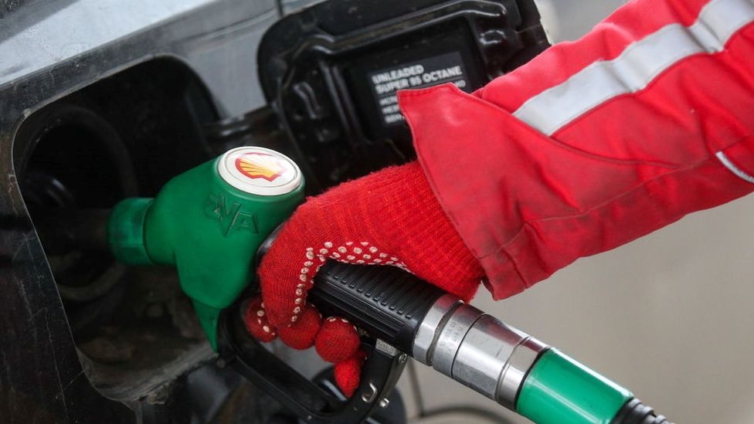Policy Analyst, Dr. Steve Manteaw, says the government can control fuel pricing by reducing the tax percentage on the cost of petroleum products at the pump.
He said while he understands that doing so may cause a shortfall in the government’s budgetary arrangement especially now that the country needs all the revenue it can gather, the development will allow the government access funds from the stabilization fund while also alleviating the financial burden on the general public.
Speaking on JoyNews’ PM Express, Dr. Manteaw said while consumers are reeling from fuel price hikes downstream, the country is making a windfall from petroleum sales upstream and the revenue being saved in the stabilization fund.
He noted that the stabilization fund could be drawn upon should government’s budgetary allocation experience a shortfall in the event that they reduce the tax percentage on fuel products.
“The concern of the discussion has been how much of the taxes can be taken off and how do you then compensate for the arising revenue shortfall. We do have a mechanism in the upstream in the form of the stabilization fund for upstream crude oil revenue management.
“And what it does is that the Minister establishes a cap and we accumulate the revenues in that fund so that should the government have a revenue shortfall in its budget, it can lay hands on this money to deal with that shortfall.
“And let me also emphasise the point that we are an oil producing country and so when prices go up on the international market we are also beneficiaries of the increased prices on the market,” he explained.
He continued, “In fact if you look at the government budget for 2022, government projected that it was going to receive oil revenue on the projected price per barrel of I think a little bit above 61 dollars. Now for most part of this year oil has been over and above 100 dollars per barrel, as we speak it’s hovering above 90 dollars a barrel, 30 good dollars above what government projected.
“So government is actually making a windfall. A lot of this windfall will go into the stabilization fund if we were to keep faith with the petroleum management Act. So if government decided to take a bit of the taxes off the price then government will have a shortfall in its budget but the laws allows government then to go into the stabilization fund, take money from there to plug the arising gap in its budget from the removal of those taxes.
“And so there is a way we can deal with the situation through the budgetary arrangement that we have currently and that is sharing the benefits from the windfall upstream with consumers downstream,” he said.
Latest Stories
-
Ghana makes significant improvement in the 2025 World Competitiveness Report
14 minutes -
Local Government Ministry to pilot 24-Hour Economy market
15 minutes -
Parliament restores July 1 as Republic Day holiday
16 minutes -
Global Summit: World leaders recommit to immunisation amid global funding shortfalls
17 minutes -
No further postponements after July 10 – GRNMA warns
19 minutes -
US-based Ghanaian petitions Acting CJ over alleged judicial misconduct in land dispute
20 minutes -
Farmer punished for stealing assorted items from students
21 minutes -
Decomposing body of 71-year-old retired teacher found in well
30 minutes -
I will marshal every effort to answer my removal process — Justice Torkornoo
39 minutes -
Ghana Anti-Corruption Coalition organises workshop on asset recovery, management
40 minutes -
Miner jailed 23 years for defiling three-year-old girl
45 minutes -
Ghana to host 2nd World Shea Expo in Tamale – Otokunor
46 minutes -
Recalled BoG staff to be put on extended probation
1 hour -
Koo Ofori’s alleged fraud case adjourned to August 13
1 hour -
School of Hygiene in Ho demands release of its lecture halls occupied by UHAS
2 hours

